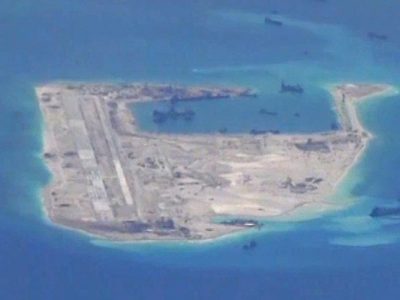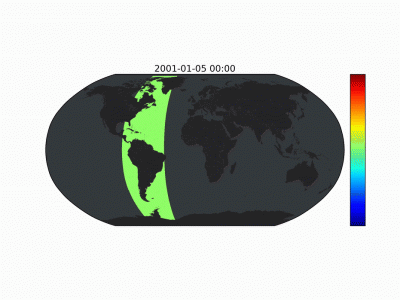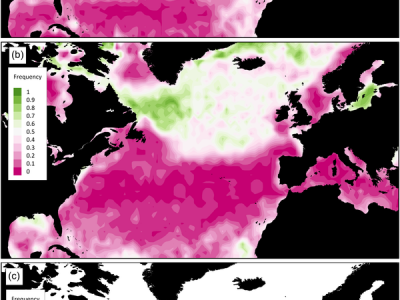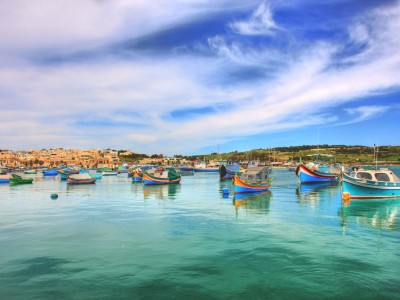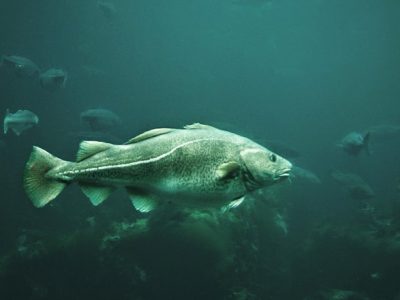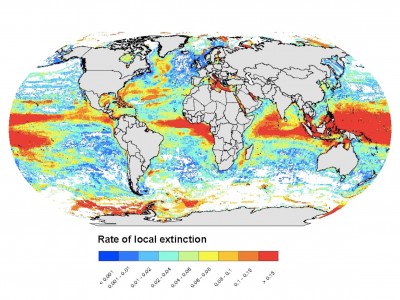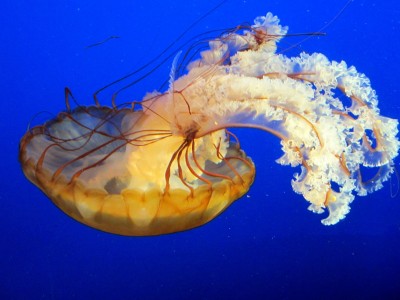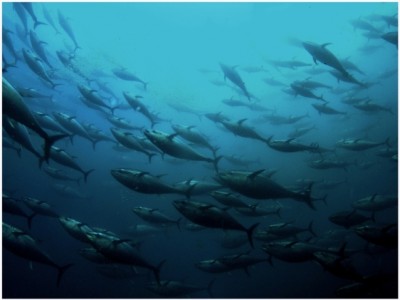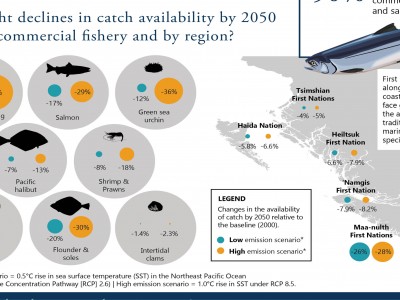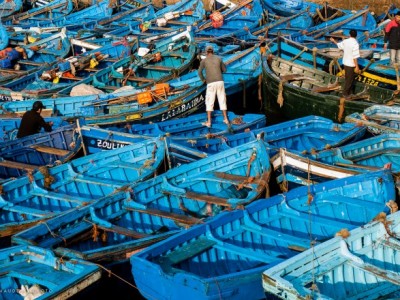Instability in the South China Sea: Ecosystem challenges and political complexities
One of the most significant – and increasingly bitter – international disputes of recent years has engaged legal claims over maritime territory in the South China Sea. Under the United Nations Convention on the Law of the Sea of 1982 (UNCLOS), to which the main protagonists are parties, states are entitled to claim an Exclusive Economic Zone (EEZ) conferring sovereign rights and jurisdiction up to 200 nautical miles of maritime space from their coasts. In the South China Sea, however, this position has been complicated by historical claims over a series of small islands and reefs within the southern section of this area.



